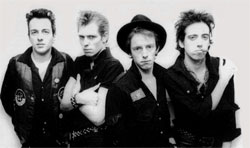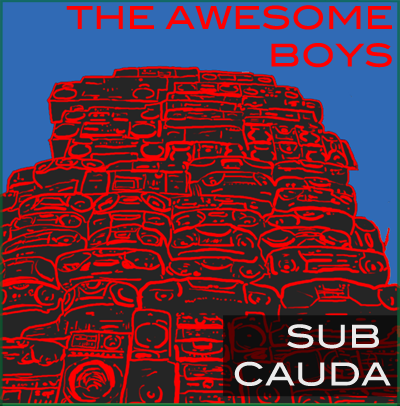No, really
These days I’m supposed to be putting my effort into cartooning. And I will be again soon! But sometimes events conspire to take over your brain and make you think about Van Halen, and what can you do? They weren’t big events—listening to a Wolf Van Halen interview, finding a trashy band bio in a used bookstore, and thinking about the enigma of David Lee Roth—but once the VH train gets rolling, you can’t stop it.
So let me start out by saying: I really like Van Halen. To an extent that I don’t know that you’d expect if you looked at me and saw a graying chunky-glasses south Minneapolis music dude who’s equally likely to be wearing a Husker Du or a Marty Stuart t-shirt. If you asked me to list 80s bands I love most, most of them are what you’d expect: Husker Du, the Replacements, R.E.M., the Pixies; but catch me in the right mood, and VH is right in there with them. They aren’t a band who needs a big music nerd to defend them; they succeeded on their own terms to a level that’s tough to comprehend. But I’m gonna praise them anyway.
And here’s the thing: Van Halen are basically unique in the space of American music. There are groups who—often intentionally—share some features, but there’s absolutely no one else who hits all the same weird points that they do. Fundamentally, they rock the hell out; but they do it with a sense of fun and variety and musical adventurousness. Upstream, their antecedents would be groups like Cream and Led Zeppelin and (to go American) Aerosmith in their better 70s mode; but from the jump VH represented a nearly clean break with the electrified blues those groups were bashing out. Jimmy Page talks about first encountering an Eddie Van Halen solo—oddly, it was the one in Michael Jackson’s “Beat It”—and being startled by the impossible shit he was hearing; Marc Maron talks about how high school parking lots just abruptly sounded different in 1978 when the first Van Halen album came out.
Continue reading Let Us Now Praise Van Halen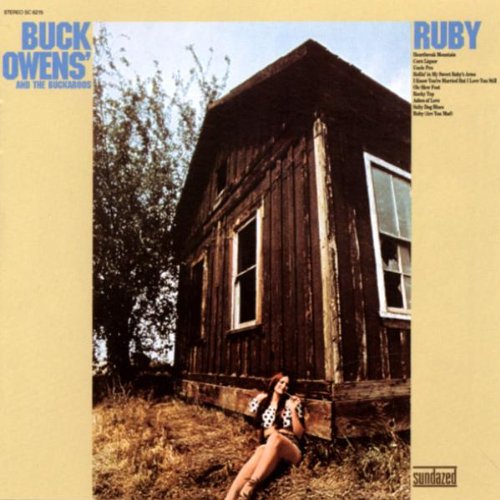
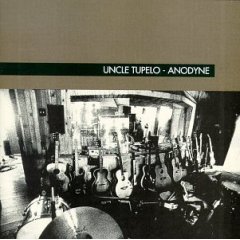
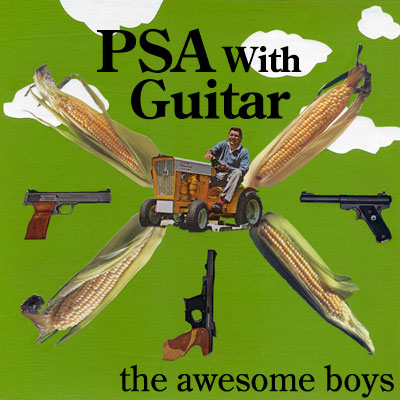
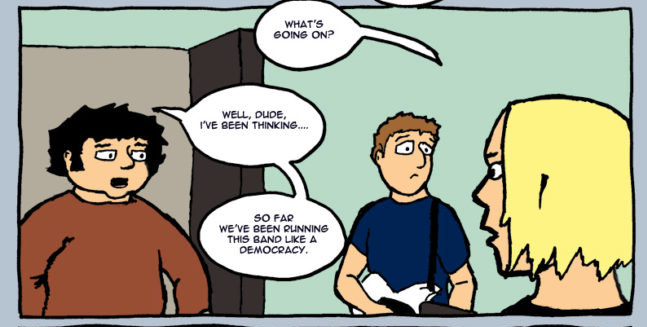
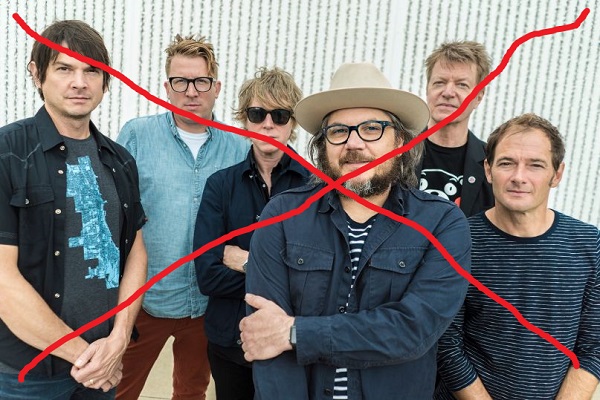
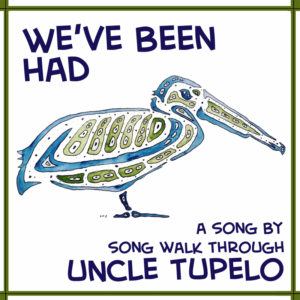
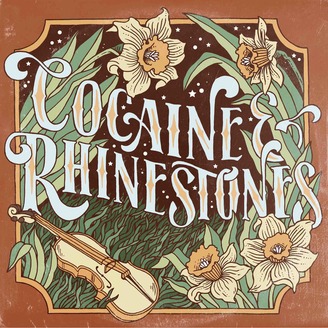 In late 2017, I went on a recommendation spree for Tyler Mahan Coe’s podcast about the history of country music,
In late 2017, I went on a recommendation spree for Tyler Mahan Coe’s podcast about the history of country music, 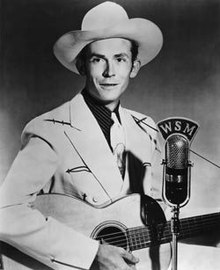
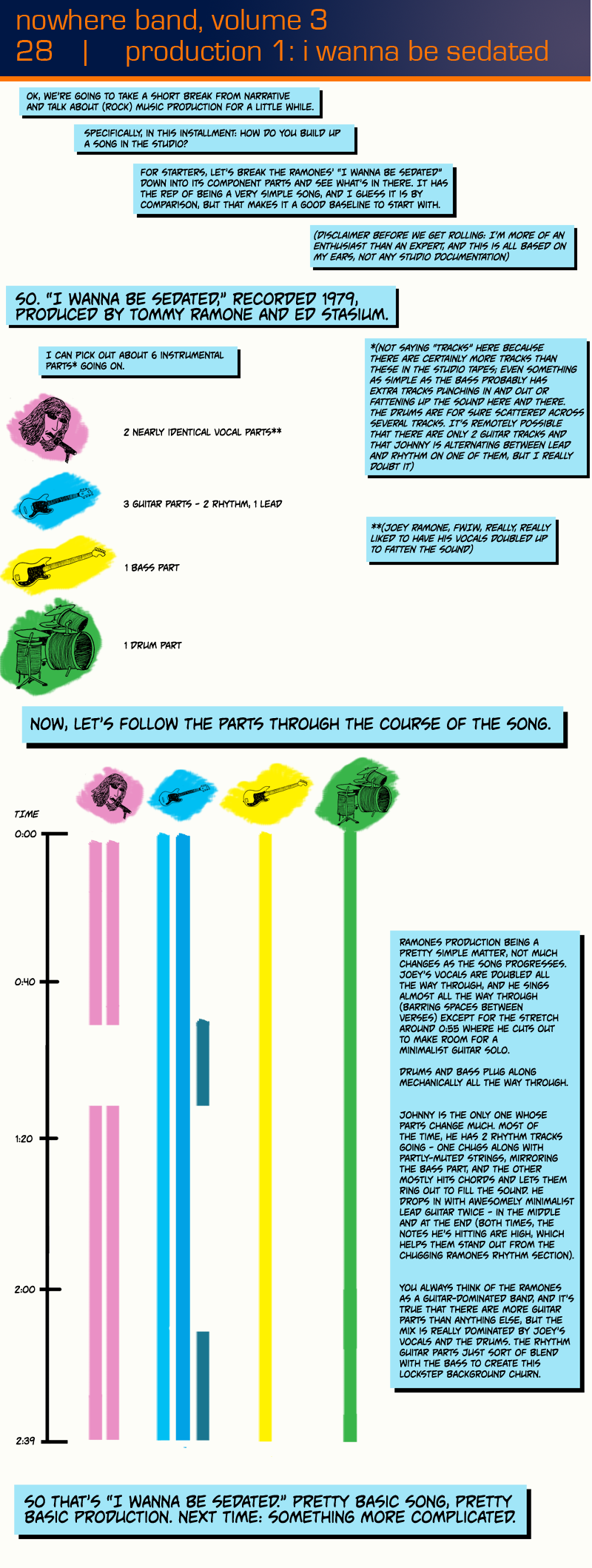

 This was originally written as a paper for an art history class in curation.
This was originally written as a paper for an art history class in curation.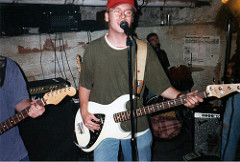

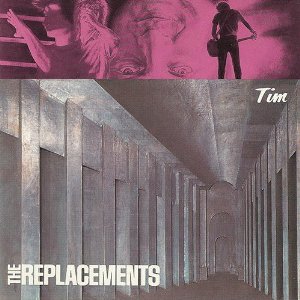 The other night, while cooking dinner, I listened to the Replacements’ Tim. It’s one of those weird cases where Tim’s been one of my favorite albums for decades, but between the march of time, the constant ingress of new music, and my slow disengagement from the practice of listening to albums straight through, it’s actually been years since I’d listened to the whole thing straight through.
The other night, while cooking dinner, I listened to the Replacements’ Tim. It’s one of those weird cases where Tim’s been one of my favorite albums for decades, but between the march of time, the constant ingress of new music, and my slow disengagement from the practice of listening to albums straight through, it’s actually been years since I’d listened to the whole thing straight through.